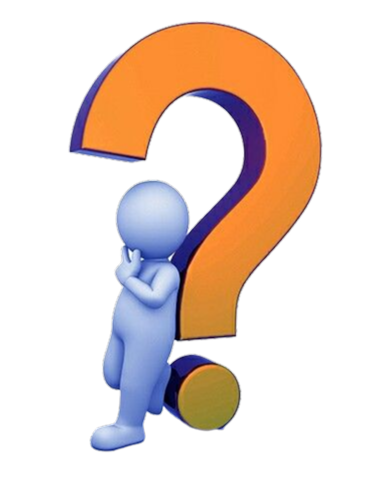
Year 7 maths marks an important step in building strong mathematical foundations. This curriculum introduces students to key concepts like numbers, algebra, geometry, and probability, helping them develop critical thinking and problem-solving skills. It’s designed to make learning engaging, allowing students to progress confidently through the core areas necessary for success in future years.
The year 7 maths curriculum focuses on both practical skills and understanding, ensuring students can apply maths in real life. With clear guidance and supportive resources, students and parents can navigate this exciting stage together, making learning enjoyable and effective.
Key Topics Cover in Year 7 Maths Curriculum
In Year 7 maths, you’ll explore key topics that build your confidence and skills step-by-step. Understanding each area helps you become a stronger problem solver and thinker. Here are the main topics you’ll focus on:
- Numbers and Arithmetic Operations
- Fractions, Decimals, and Percentages
- Algebra
- Geometry
- Ratio, Proportion, and Rates of Change
- Probability and Statistics Basics
These topics prepare you for more advanced maths and everyday challenges.
Numbers and Arithmetic Operations
Numbers and Arithmetic Operations form the foundation of your maths journey in Year 7. Mastering these skills helps you confidently solve everyday problems and build a strong base for more complex maths ahead. In this area, you will:
- Explore whole numbers, decimals, and negative numbers
- Understand factors, multiples, and prime numbers
- Perform addition, subtraction, multiplication, and division with ease
- Learn to apply arithmetic in real-life situations confidently
Fractions, Decimals, and Percentages
Fractions, decimals, and percentages are essential parts of the Year 7 maths curriculum that help you understand and work with parts of a whole in different forms. Learning these concepts will boost your confidence in handling everyday maths problems, like shopping discounts or cooking measurements. Here’s what you’ll focus on:
- Converting between fractions, decimals, and percentages easily
- Comparing and ordering different types of numbers
- Calculating percentages for real-life situations
- Adding, subtracting, multiplying, and dividing fractions
These skills will empower you to solve practical problems with ease and build a strong maths foundation.
Algebra
Algebra is a key part of the Year 7 maths curriculum that helps you think logically and solve problems step-by-step. Learning about expressions and simple equations builds your confidence to tackle more complex maths later on. It’s like unlocking a new language of numbers and symbols that explain patterns and relationships around you. Here’s what you’ll focus on:
- Understanding algebraic expressions and terms
- Simplifying expressions step-by-step
- Solving simple equations with one variable
- Using equations to solve real-life problems
Learning these skills will boost your math confidence and problem-solving ability.
Geometry
Geometry in Year 7 maths helps you understand the shapes and spaces around you. This part of the curriculum focuses on lines, angles, triangles, and quadrilaterals, building your skills to analyze and solve problems confidently. Whether you love art, design, or just want to boost your maths confidence, mastering these concepts will empower you.
Key concepts you will explore include:
- Types of lines and angles
- Properties of different triangles
- Recognising quadrilaterals and their features
- Calculating angle measures with ease
This foundation will support your future maths learning and everyday problem-solving.
Ratio, Proportion, and Rates of Change
Ratio, proportion, and rates of change are essential topics that help you understand relationships between quantities in everyday life. Mastering these concepts empowers you to solve real-world problems with confidence and precision. Whether comparing prices, cooking recipes, or tracking speed, these skills come in handy.
Key points you will learn include:
- Understanding and simplifying ratios
- Solving proportion problems
- Interpreting rates of change in various contexts
- Applying these concepts to practical situations, boosting your problem-solving abilities
Learning these skills in Year 7 maths sets the stage for success ahead.
Probability and Statistics
Probability and Statistics basics in year 7 maths help you understand how to make sense of data and chance in everyday life. You'll learn to collect, interpret, and present information clearly, boosting your decision-making skills. Probability introduces you to the likelihood of events happening, making predictions more accurate and fun. This foundation empowers you to analyze real-world situations with confidence.
Key skills you'll develop include:
- Understanding chance through simple probability
- Organising data using charts and tables
- Calculating averages like mean and median
- Interpreting results to make informed decisions.
These skills prepare you for more complex maths and everyday problem-solving.
Practical Applications of Year 7 Maths Knowledge
Year 7 maths is not just about learning numbers and formulas; it’s about understanding how math applies to everyday life. The practical skills gained during this year help individuals confidently handle real-world challenges, from managing money to solving problems logically. This foundation empowers students and adults alike to make informed decisions in various situations.
Here’s how Year 7 maths knowledge can be practically applied in your daily life:
- Budgeting and Money Management: Understanding percentages, decimals, and fractions helps you manage allowances, savings, and expenses wisely.
- Measurement and Geometry: Skills in measuring lengths, areas, and volumes are useful in everyday tasks like cooking, home projects, or organizing space.
- Problem-Solving: Learning to analyze problems and find solutions strengthens logical thinking applicable to studies, work, and daily decisions.
- Data Interpretation: The ability to read graphs and basic statistics aids in understanding information like sports scores, weather reports, or surveys.
- Time and Speed Calculations: Knowing how to calculate durations and rates helps in planning your day efficiently, whether for travel or study schedules.
Tips for Students and Parents to Succeed in Year 7 Maths
To succeed in Year 7 maths, both students and parents can adopt simple, effective habits tailored to individual learning styles.
For students
- Practice regularly to build confidence and reinforce concepts.
- Ask questions whenever a topic feels unclear, there’s no such thing as a silly question.
- Use online resources and games to make learning fun and engaging.
- Break down complex problems into smaller steps to avoid feeling overwhelmed.
For parents
- Encourage a positive attitude towards maths by celebrating progress, not just scores.
- Create a quiet, comfortable space for homework and study.
- Stay involved by discussing what your child is learning and offering help when needed.
- Seek extra support early if challenges arise.
Together, these approaches nurture growth and success in Year 7 maths.
If you’re curious about what’s included in the Year 7 maths curriculum, we provide clear guidance for both parents and children. Looking for expert Year 7 maths tutoring? MathsAlpha offers professional classes designed to build confidence and boost skills. Contact us today for quality maths classes in the UK. Enroll now to help your child excel!
Email us at info@mathsalpha.com or call +44 7834 229046.
Frequently Asked Questions
Recent Blogs
-

-
 04 Dec 2025
04 Dec 2025A-Level Maths Questions Students and Parents Ask
-
 18 Nov 2025
18 Nov 2025Why Do Kids Struggle with Geometry?
-
 14 Nov 2025
14 Nov 2025Who Invented Zero and How It Changed Maths
-
 11 Nov 2025
11 Nov 2025What Is A Prime Number?
-
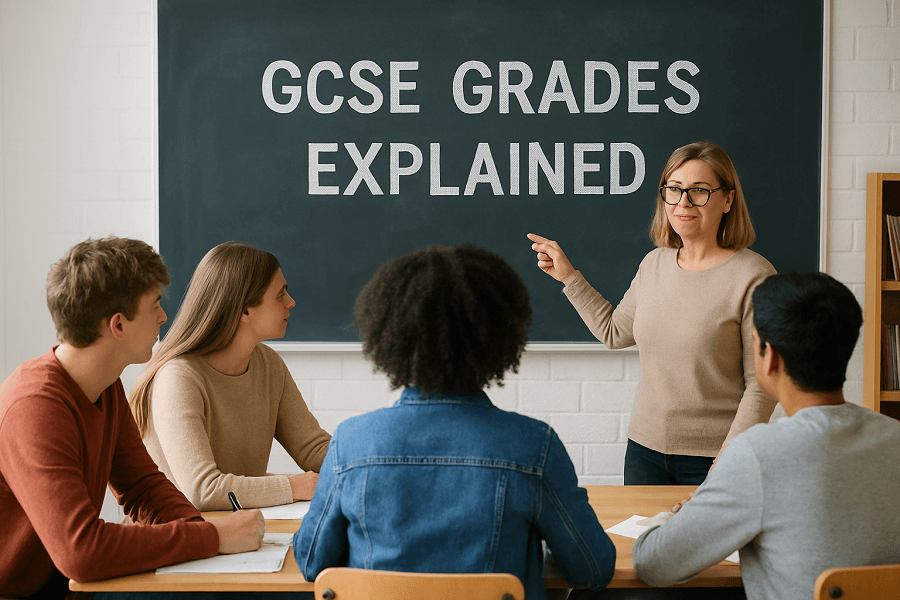
-
 03 Oct 2025
03 Oct 2025How to Get an A* in A Level Maths
-

-
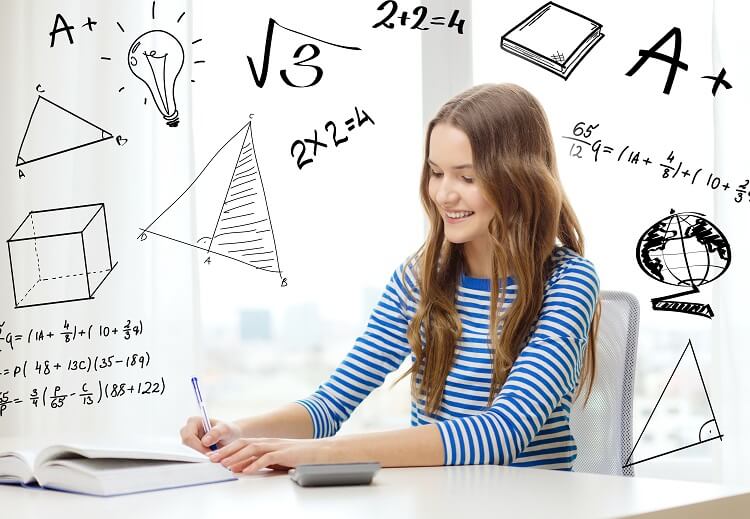 25 Sep 2025
25 Sep 20255 Tips for Success in Maths Exams
-
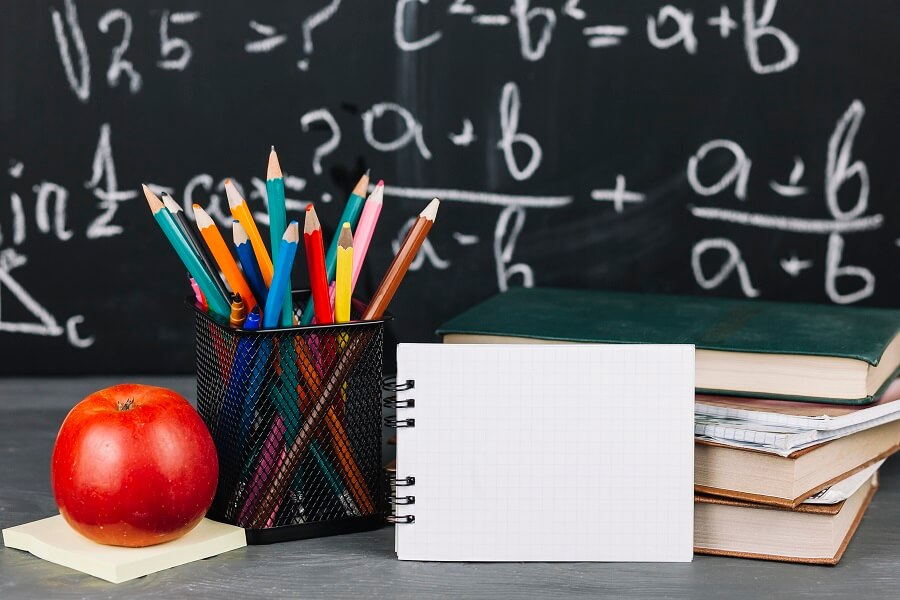 16 Sep 2025
16 Sep 2025How Maths Is Used in Everyday Life - 11 Examples
-
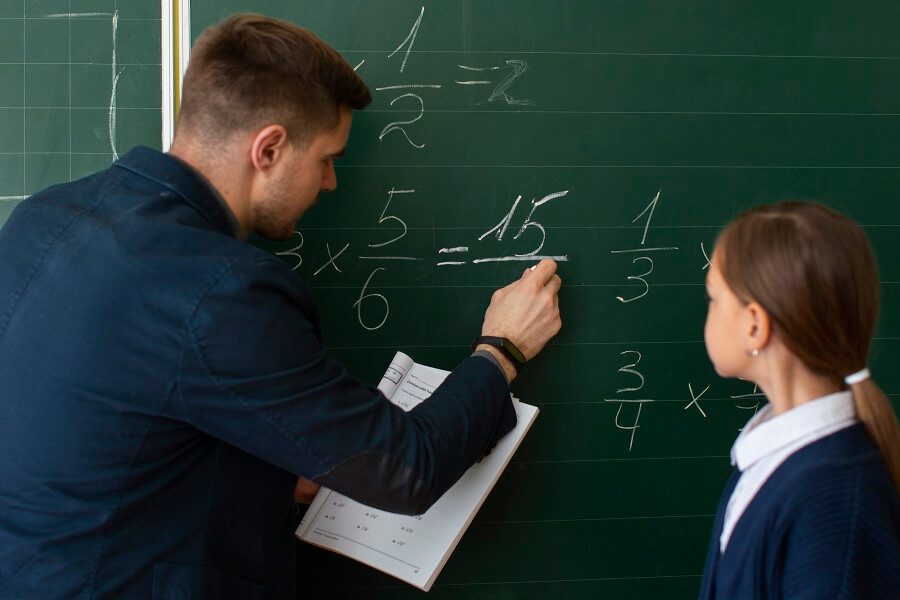 09 Sep 2025
09 Sep 2025GCSE Maths Guide for Parents and Students
-
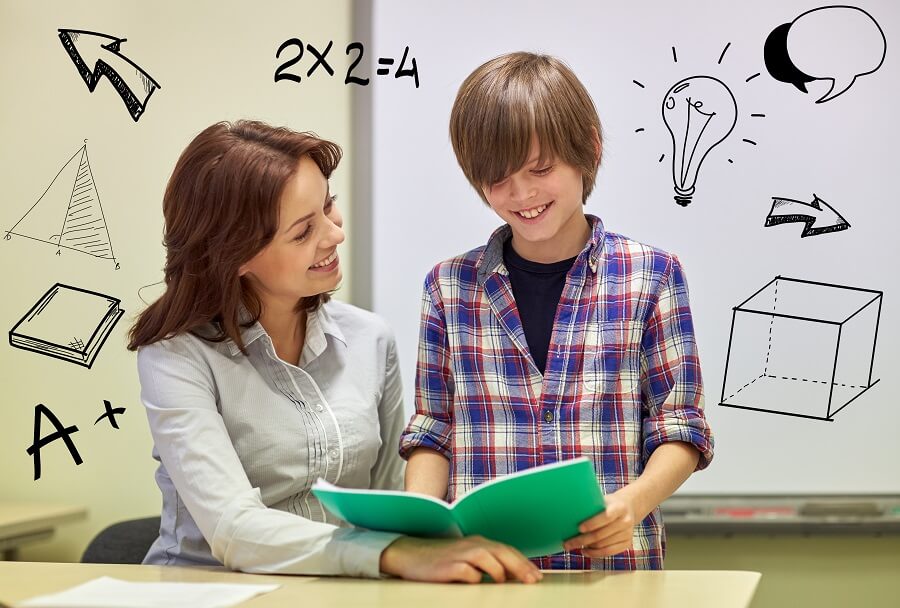 05 Sep 2025
05 Sep 2025What is the Year 9 Maths Curriculum?
-
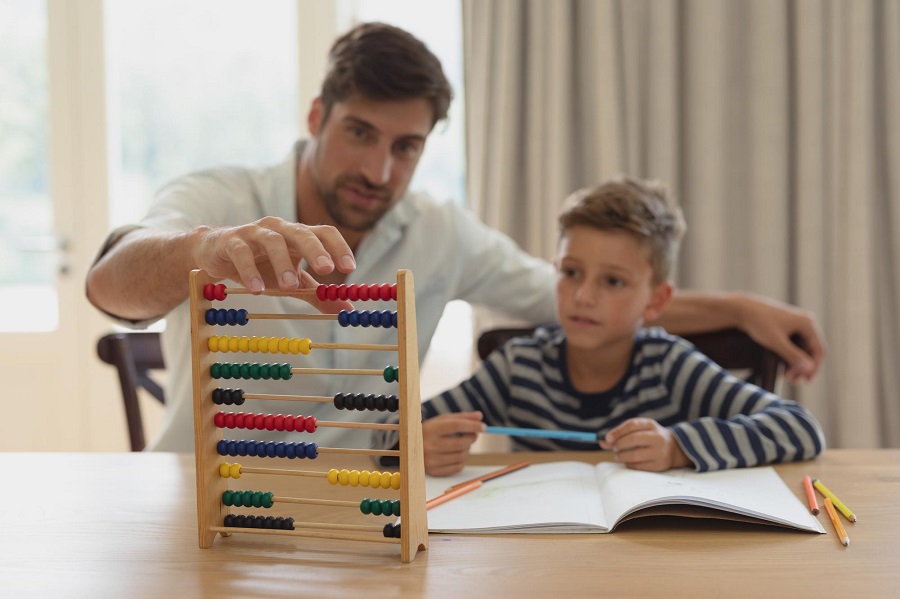 04 Sep 2025
04 Sep 2025Algebra Guide for Parents to Support Children
-
 01 Sep 2025
01 Sep 2025A Level Maths Topics and Exam Success Guide
-
 19 Aug 2025
19 Aug 2025Difference Between GCSE Maths and A Level Maths
-
 12 Aug 2025
12 Aug 2025How to Choose the Right Maths Tutor in the UK?




